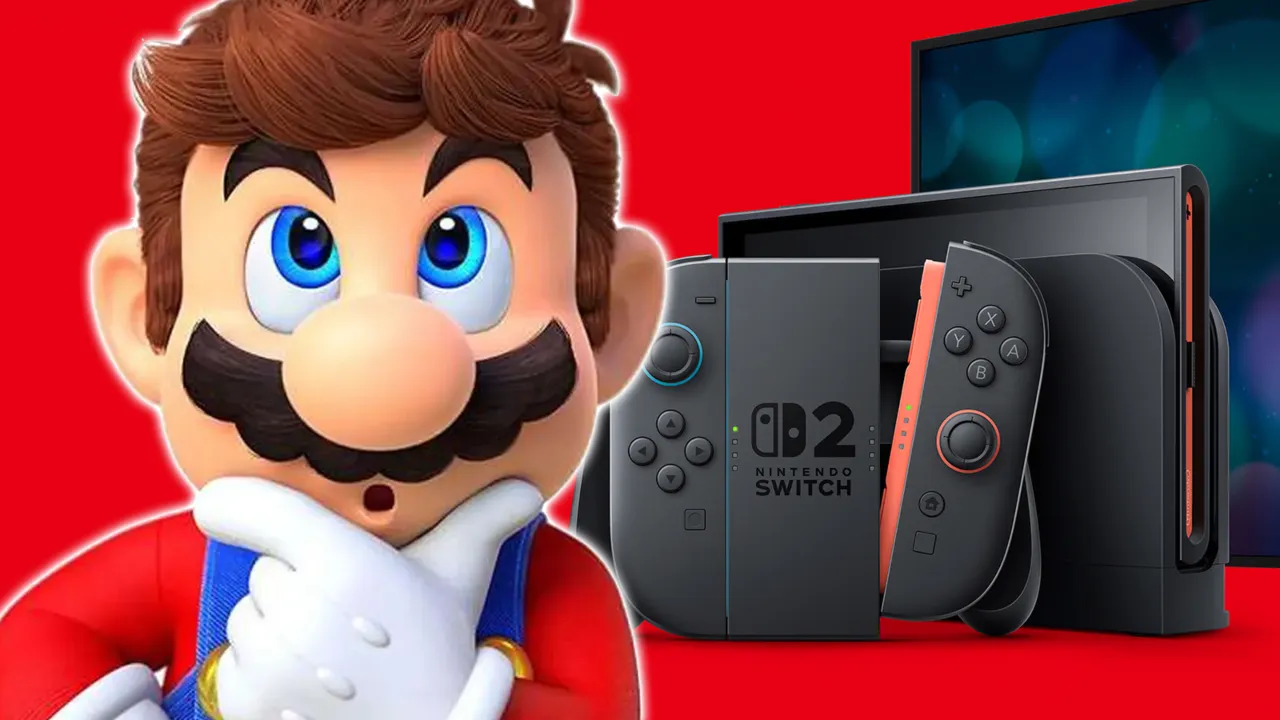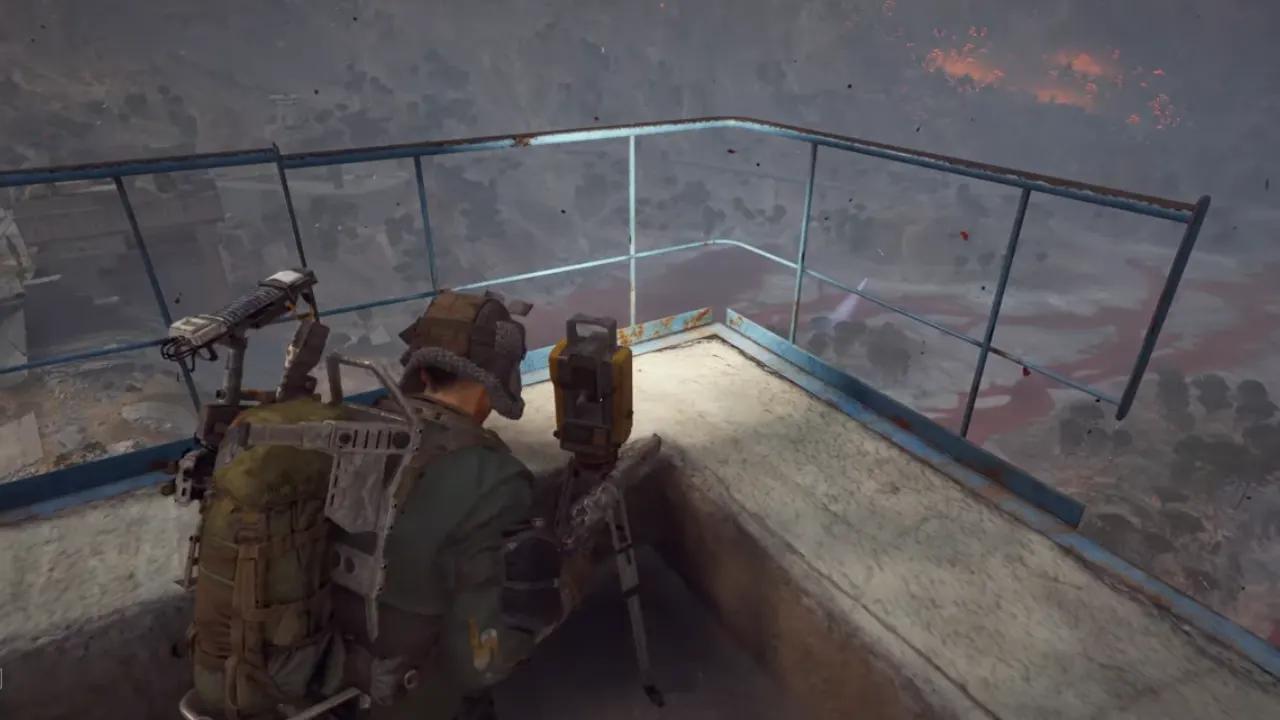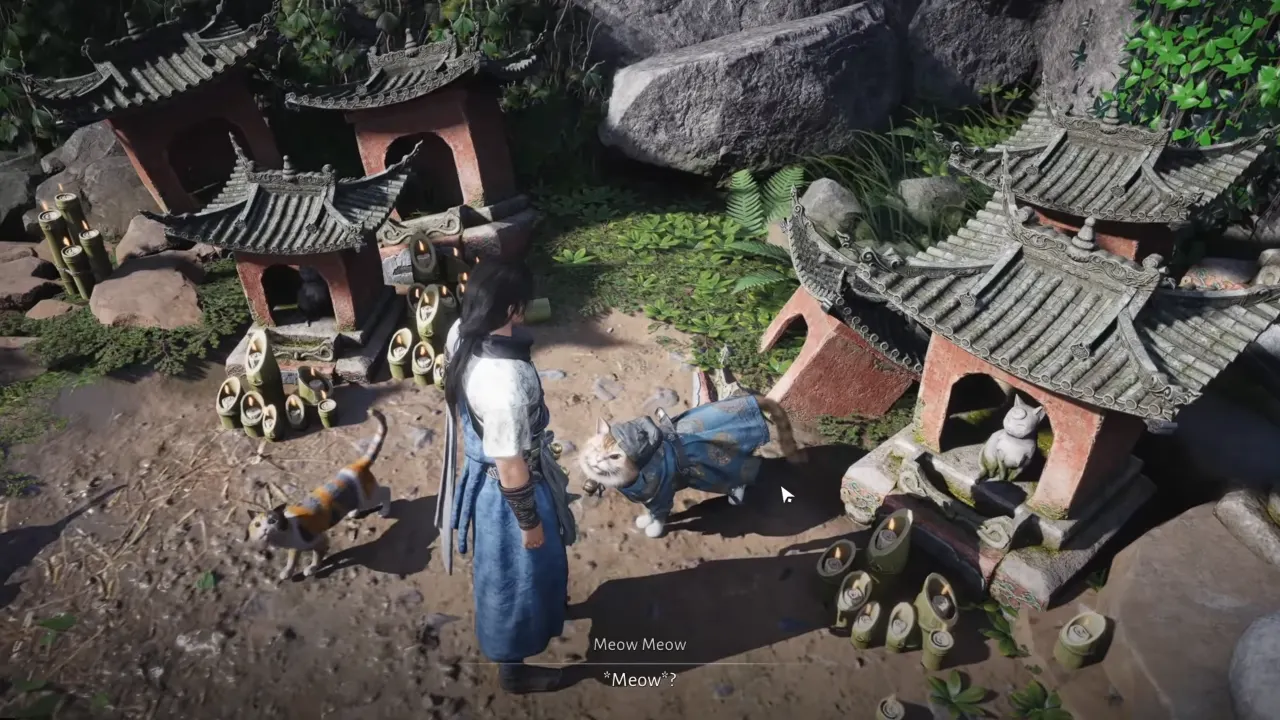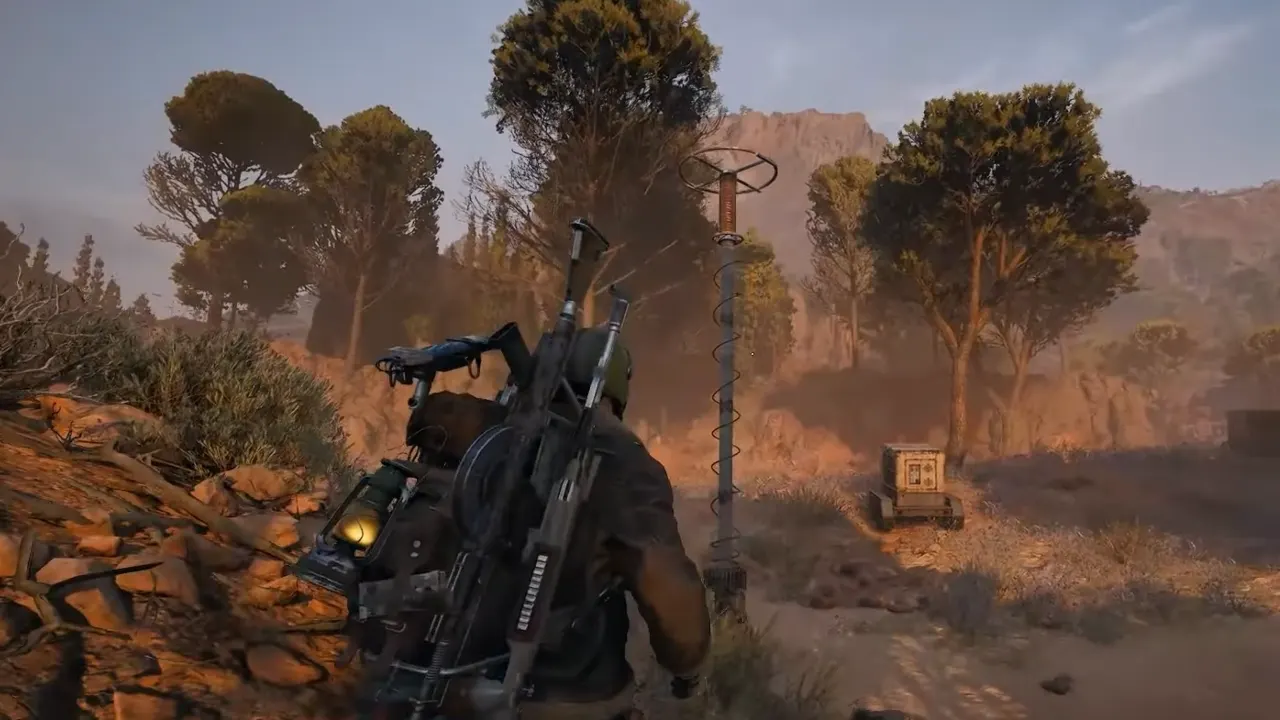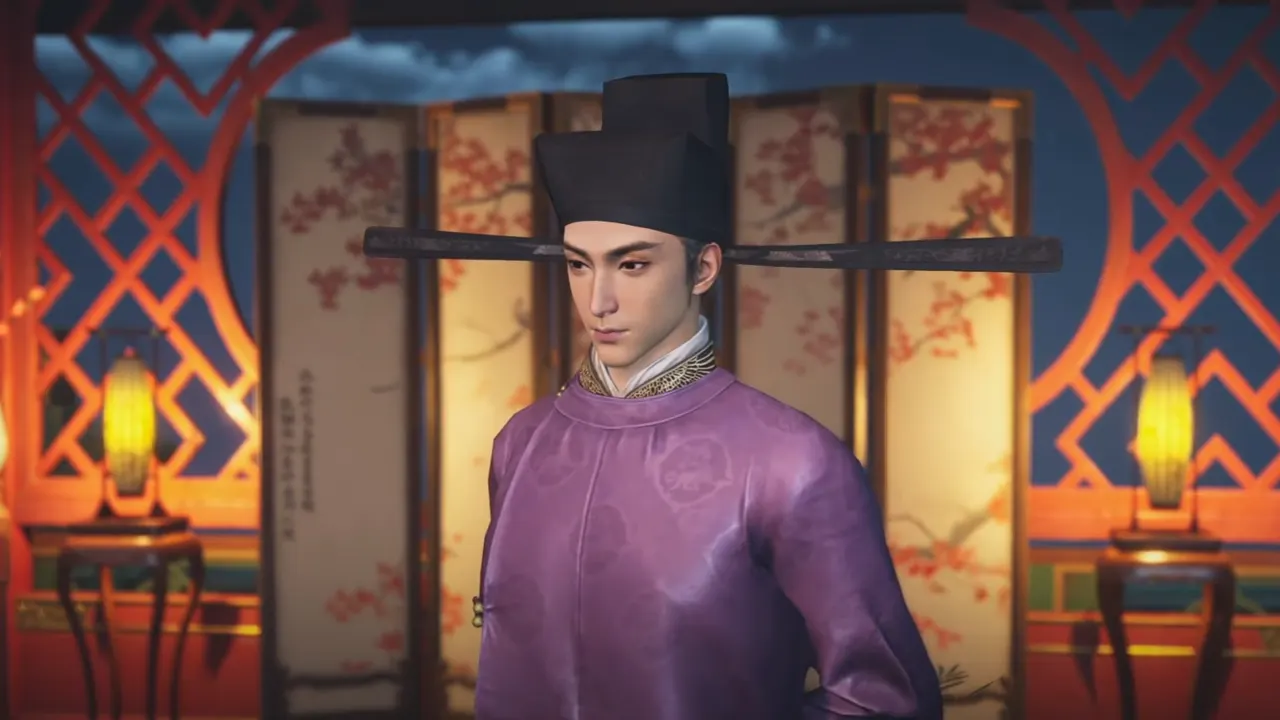- Nintendo’s Switch 2 EULA gives the company the power to remotely disable your console if you modify it even if it’s just to fix something they messed up.
- Nintendo also strips away your right to sue. It’s a terrifying glimpse into the future of console ownership—and one more reason why PC gaming is still the most liberating way to play.
Nintendo has dropped a bombshell in the fine print of its upcoming Switch 2 console, and if you’re a fan of actually owning the stuff you buy, this one is going to sting.
I’ve always kept a wary eye on console makers as they’ve slowly turned our $500 purchases into glorified rental agreements. But Nintendo’s latest move is beyond the pale. Buried in Nintendo’s recent changes in the End User License Agreement (EULA) for the upcoming Switch 2 is a clause that hands Nintendo the power to brick your device remotely and permanently if you step out of line. And by “step out of line,” I mean things like fixing a controller or poking around to see how your games actually work.
Let that sink in: buy a console, pay for the games, play by their rules—or risk waking up to a dead system.
Think Again If You Thought You Own Your New Nintendo Console
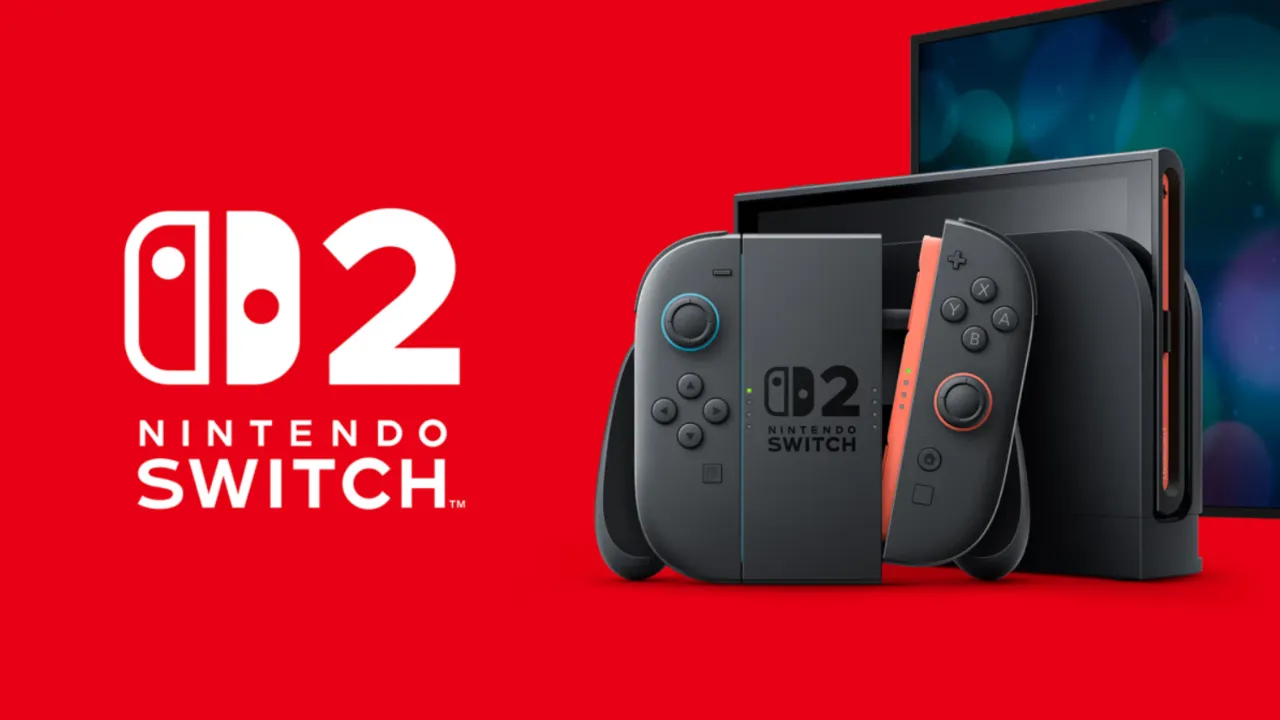
According to the updated EULA, Nintendo reserves the right to disable your account and hardware if you violate their terms. That includes any hardware modifications, software tinkering, or using the system in ways not expressly approved by Nintendo.
Here’s the updated EULA statement:
You acknowledge that if you fail to comply with the foregoing restrictions Nintendo may render the Nintendo Account Services and/or the applicable Nintendo device permanently unusable in whole or in part.
That’s right—open your Switch 2 to fix Joy-Con drift (a problem that shouldn’t even exist at this point) is only to give Nintendo a reason to shut you down remotely. Got curious and tried to reverse-engineer something for learning or accessibility reasons? That’s a no-go too. Your reward is a $450 paperweight.
It doesn’t stop at only locking down what you can do with your hardware. The EULA also includes a class action waiver, meaning if something goes highly wrong or Nintendo steps over the line, your legal options are practically nonexistent. No lawsuits, no jury trials, and definitely no class actions. The users are stuck with arbitration, where Nintendo picks the rules of the game and the referee. This is what the statement says:
This arbitration provision precludes you and Nintendo from suing in court, having a trial by jury, or participating in a class action lawsuit.
Welcome to the Console Dystopia
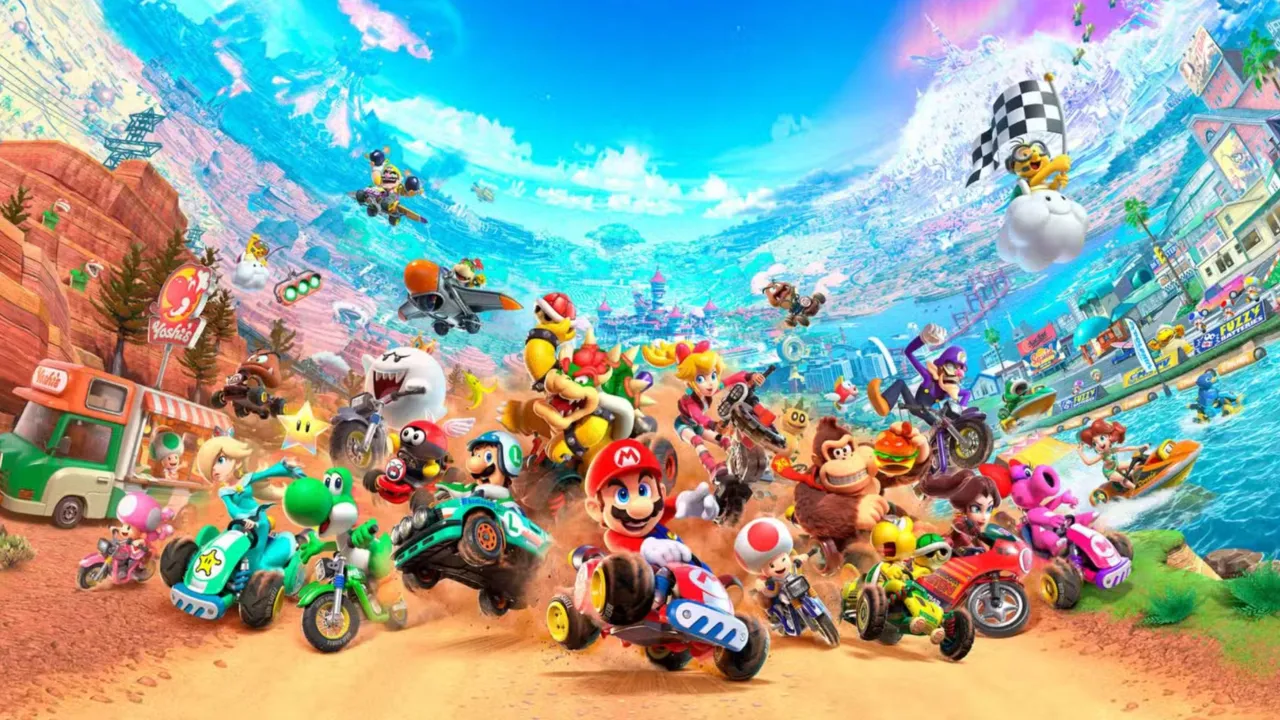
It’s not only a Nintendo problem; it’s the first domino in a trend that could redefine console ownership as we know it. Sony is most probably watching this with great attention, and something weird is coming to the company’s head. If you have shared a past with console gaming, you might recall how Sony dropped Linux support on the PS3 after selling it as a feature. Or how they stonewalled crossplay until players dragged them kicking and screaming into the future? It’s not hard to imagine a similar EULA clause quietly showing up in the PlayStation 6.
Nintendo’s rules apply depending on where you live. In Europe, stricter consumer protections limit how far the company can go. But in the U.S.? It’s open season. Nintendo can and will disable devices for much broader reasons, all because American law allows them more leeway. It’s corporate control turned up to eleven.
In such a tough console environment, Xbox, of all companies, seems like the only platform holder still playing fair. Microsoft has been consistent in promoting player freedom, platform openness, and backward compatibility. They don’t threaten to kill your hardware if you mod it. Instead, Xbox is leaning toward accessibility and player-first ecosystems like Game Pass.
While Sony and Nintendo fight for who can lock you down harder, Xbox is spending time wisely blurring the lines between console and PC, and that’s what gives gamers flexibility rather than ultimatums.
PC Gaming is the Last Bastion of Ownership
This whole mess makes me extra thankful for my battle station. I can mod my games, upgrade my rig, and explore the inner workings of software without fear of corporate reprisal. No EULA is looming over my shoulder threatening to nuke my machine because I wanted to fix something myself or try something experimental.
Sure, PC gaming isn’t perfect. It can be more expensive up front, and you’ll deal with the occasional driver headache. But at least when I buy a GPU or install a game, it’s mine. There’s a freedom here—one that consoles are slowly eroding.
Meanwhile, Nintendo fans will still line up, wallets open, ready to pay $450 for a Switch 2 and $80 for the next Mario game, completely unfazed by the fact that they’re not actually buying a product but renting access to it on Nintendo’s terms.

